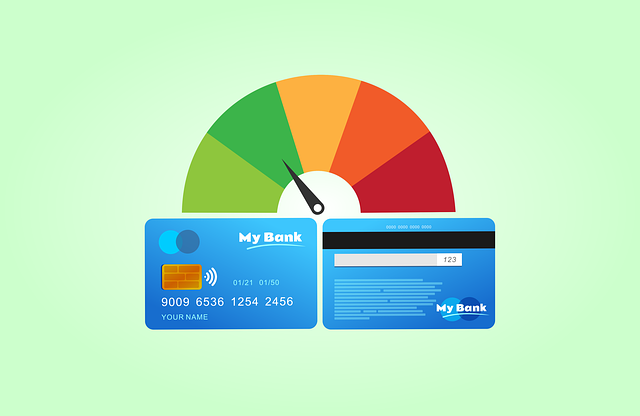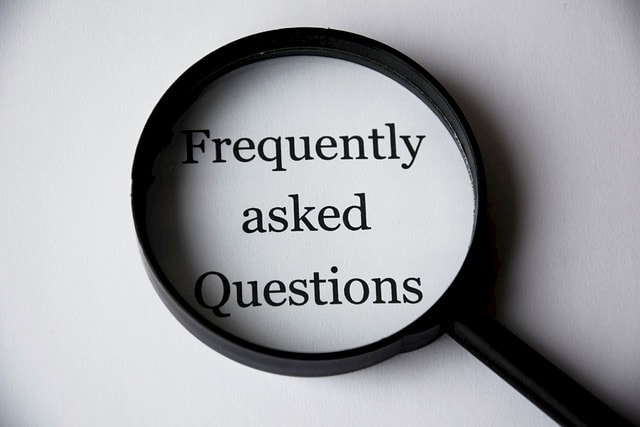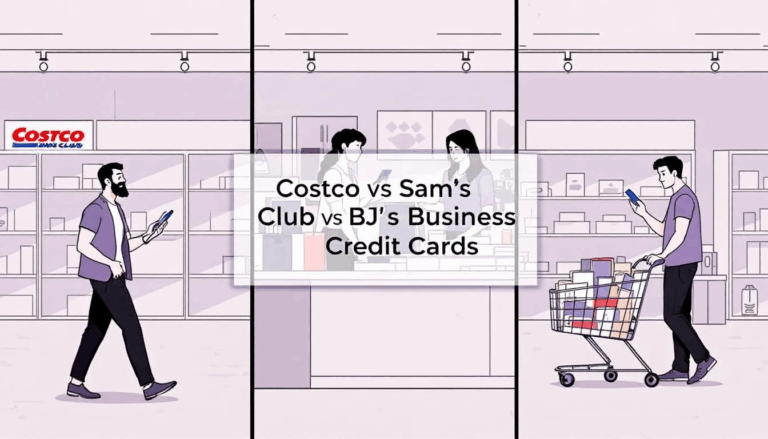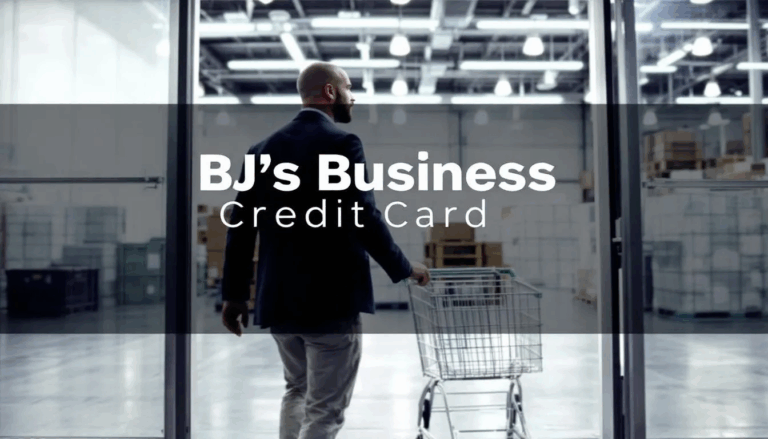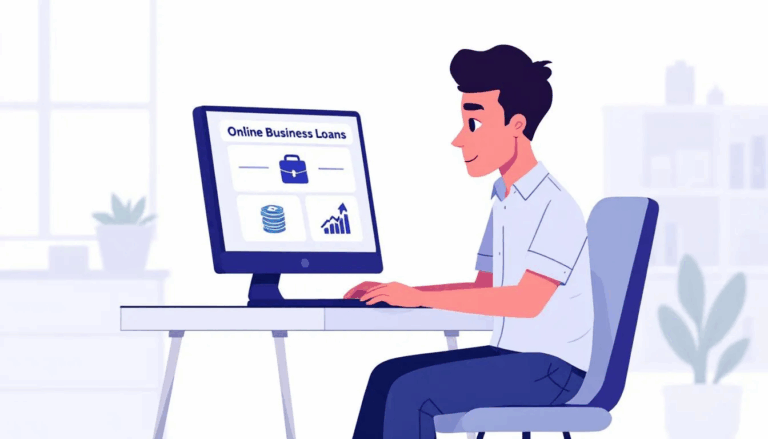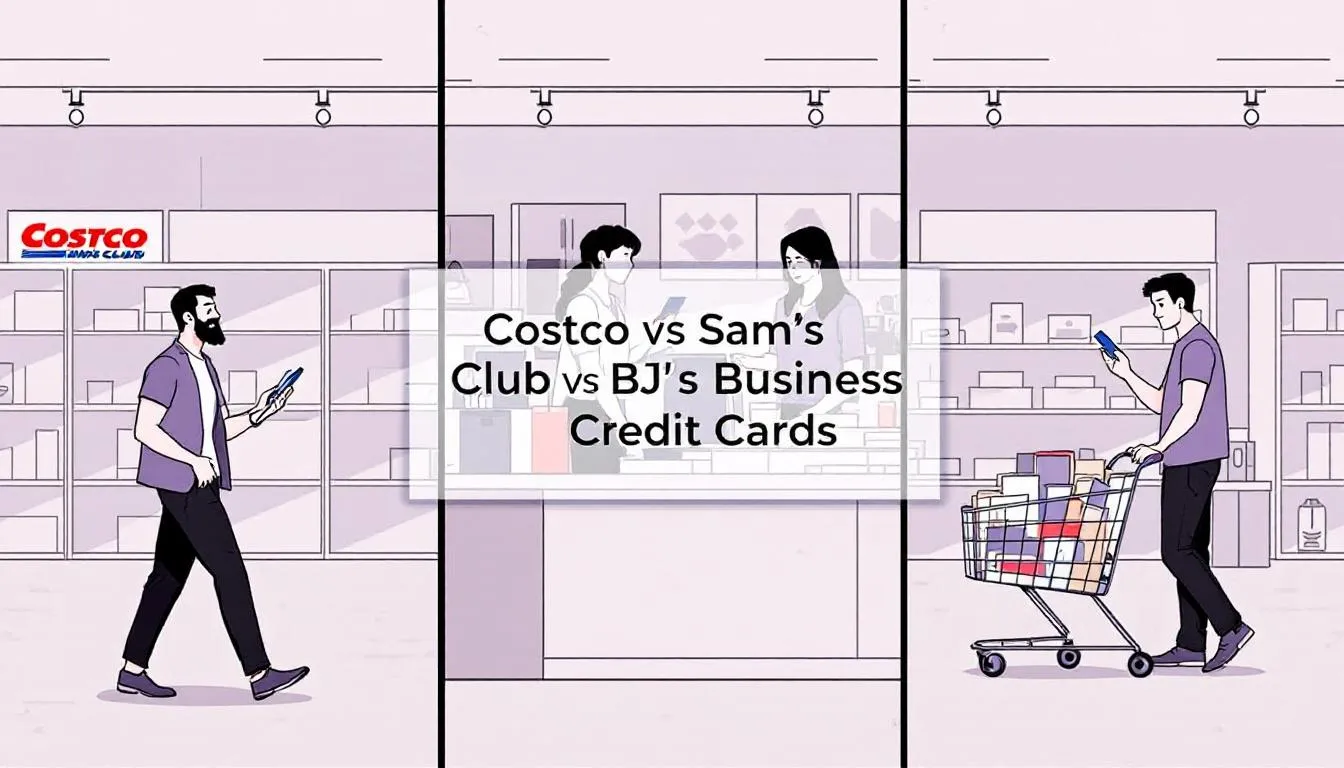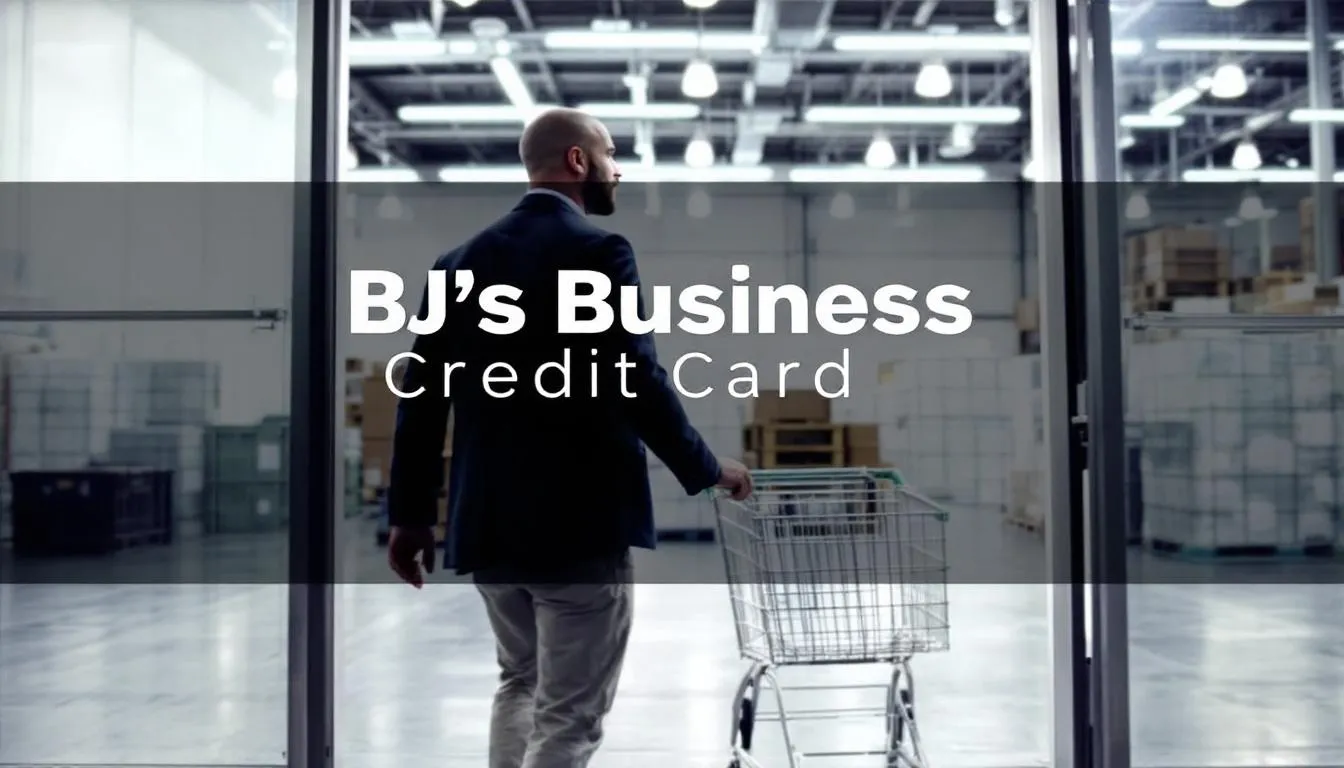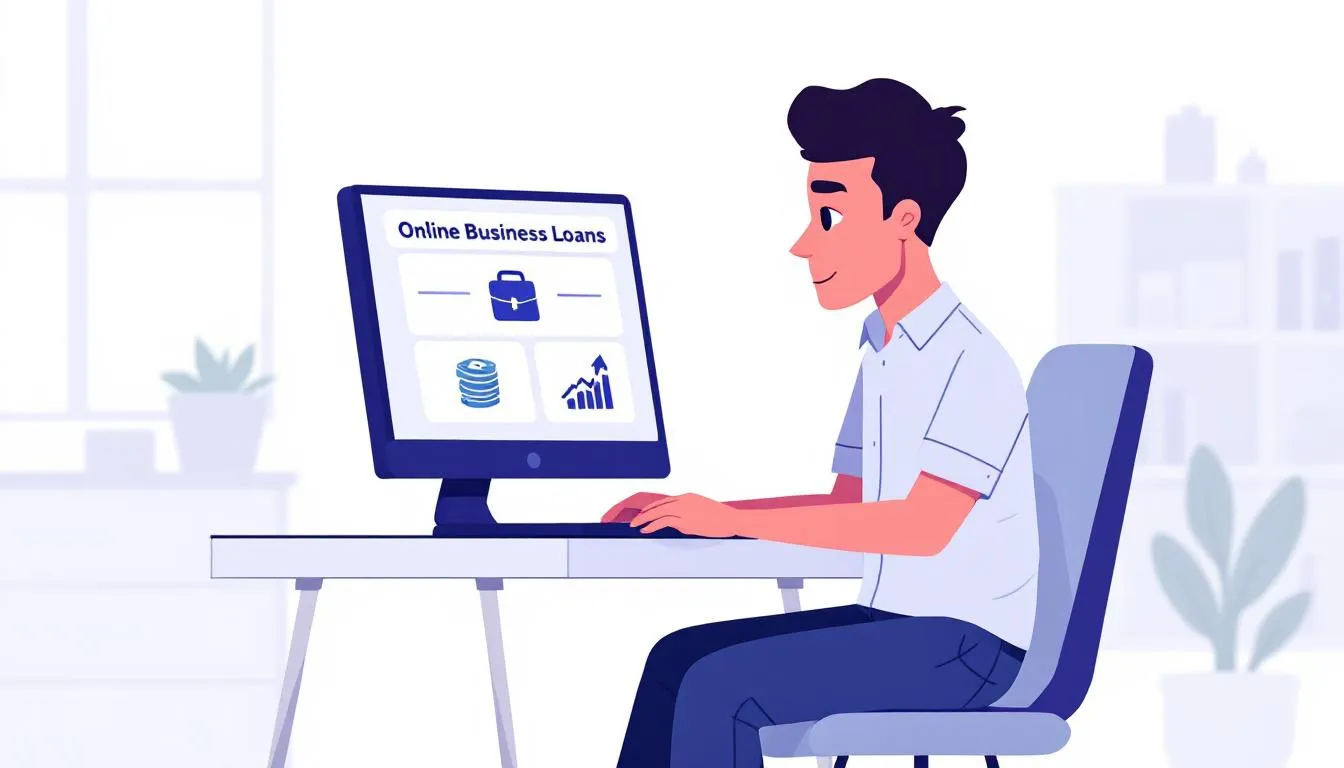What is Business Credit?
Most small business owners are familiar with personal credit, such as FICO scores, which lenders use to determine creditworthiness for financing options like personal credit creds, auto loans, and mortgages. However, your business has a credit profile and score that’s separate from your personal score.
Your business credit profile contains credit history for any business credit cards, loans, trade lines, or other credit accounts in your business’s name. It may also include payment history and accounts for rent or utility bills. It’s distinct and separate from personal credit.
The business credit profile is linked to your company’s employer identification number (EIN) or Tax ID the same way a personal credit profile is linked to your social security number. Lenders use your business credit history when evaluating business loan applications.
Understanding and building business credit is crucial even if you’re not planning to apply for credit in the future. Unlike a personal credit report, business credit reports are available to the public. Vendors, affiliates, other businesses, and customers may access your credit report when deciding to do business with you. A strong credit profile can convey that your business is reliable.
Business Credit Bureaus
Various business credit reporting agencies compile credit reports about your business. The three major business credit bureaus are Dun & Bradstreet, Experian Business, and Equifax Business. However, financing companies may use many other niche credit bureaus.
Your business credit report may vary at different business credit bureaus because not all creditors report all bureaus. For example, an unsecured business credit card issuer might report credit activity to Dun & Bradstreet but not report it to Experian.
Business Credit Scores
Unlike personal credit, many business credit scoring models exist. Personal credit scoring models primarily consist of FICO scores and VantageScores, which have the same range (300-850).
Business credit scores can have various ranges, but the most common are 0-100. In most scoring models, business credit scores above 75 are considered good. However, there are other ranges to consider, such as the FICO Small Business Scoring Service (FICO SBSS), which has a range of 0-300. SBA loans require a minimum FICO SBSS score of 155.
What’s considered Bad Personal Credit?
Most lenders and credit issuers consider a FICO score below 580 bad credit, but some may start the cutoff at 600. Scores between 580-669 are considered fair credit, also called subprime credit. To get a better idea, FICO score ranges are:
- Exceptional: 800-850.
- Very Good: 740-799.
- Good: 670-739.
- Fair: 580-669.
- Poor: 579 and below.
Credit Factors
Several factors contribute to a person’s credit score, including payment history, credit utilization, length of credit history, new credit accounts, and types of credit used. Factors such as missed payments, high credit card balances, recent credit applications, and a short credit history can all negatively impact personal credit scores.
FICO score factors include:
- Payment history: 35%.
- Credit utilization: 30%.
- Credit mix: 15%.
- Length of credit history: 10%.
- New credit: 10%.
Improving Personal Credit
The following actions can help raise your personal credit score:
- Make timely payments/avoid missing payments.
- Lower credit utilization to at least 30% (ideally below 10%).
- Maintain various credit accounts for revolving credit and installment credit.
- Don’t close older credit accounts even if you’re not actively using them.
- Avoid applying for new credit unless it’s necessary.
- Consider credit-building products, like a secured credit card, debt consolidation loan, or credit-builder loan.
Individuals with severely damaged credit, especially those dealing with significant issues like bankruptcy or foreclosures, could consider working with a credit repair company. However, ensure you work with a reputable and responsible company, as there are many scammers or unethical companies that make dubious claims like guaranteeing credit improvement or being able to remove accurately reported negative items from your credit report.
Are Business and Personal Credit linked together?
Technically, no, your personal credit history is distinct and separate from the business’s credit history if you incorporated the company or formed an LLC (limited liability company). Sole proprietors and general partnerships typically have a more direct correlation because they are not separate legal entities.
However, personal credit can indirectly affect business credit and vice-versa, even if you’re operating as an LLC or corporation. Here are some of the ways they can influence each other.
Applying for business financing products: Many business lenders, vendors, and credit card issuers check personal credit to assess the likelihood of repayment. This is especially true for newer businesses or those with limited business credit histories since they don’t have much to go on. While using business credit builds credit history, it can be challenging to open business credit accounts to establish that history when you have bad personal credit.
Personal guarantees: Many business loans or credit cards require a personal guarantee, which means the business owner is personally liable for the debt if the business defaults. This can result in any late payments or defaults being added to your personal credit history. The US Small Business Administration (SBA) requires any business owner with a 20% or higher ownership stake to sign a personal guarantee. Many lenders follow similar rules for other business loans.
Reporting: Some business credit card companies and lenders report payment history to the personal credit bureaus. A positive payment history on a business credit account can improve personal credit, while missed payments can lower your score. However, this doesn’t work the other way. Consumer credit is never reported to business credit bureaus, so your personal credit card, loans, rent, etc., will not affect your business credit score.
How can I start Building Business Credit?
The following steps will help establish and build business credit.
Step 1 – Establish Your Business as a Separate Legal Entity
First, establish your business as either an LLC or a corporation. This separates your business from yourself and provides liability protections against lawsuits or debts. The steps for this process include:
- Choose a legal business name. Ensure it is not already in use to avoid confusion or legal issues.
- File LLC or incorporation paperwork with the appropriate state agency.
- Establish a phone number in your legal business name.
- Establish a business mailing address using the legal business name.
- Create an email address unique to your business.
Step 2 – Get an EIN
To get an employer identification number (EIN), you can apply online through the IRS website, by fax, or by mail. You must provide information about your business, such as its legal name, address, and entity type. Once approved, you will receive your EIN immediately, allowing you to start conducting business legally.
Step 3 – Get a DUNS Number
A DUNS number is a unique nine-digit identifier used to track a business’s credit history and financial transactions. To obtain a DUNS number, you can visit the Dun & Bradstreet website and fill out an application online for free. Once submitted, you will receive your DUNS number within a few business days via email.
Step 4 – Open a Business Bank Account
When opening a business bank account, it is essential to use the business’s legal name and EIN to establish a separate credit history. Maintaining a positive relationship with the bank by managing finances responsibly can help build a strong credit profile for the business, which may be beneficial when applying for loans or credit in the future.
Step 5 – Open Tradelines
Opening tradelines, also known as vendor credit, involves establishing relationships with suppliers who extend credit to your business. Tradelines allow you to purchase goods or services on credit terms, helping you build a positive credit history. They can also help your cash flow by providing necessary goods and services upfront, which you can later repay after generating revenue. Many vendors extend trade credit for bad credit or without doing a credit check. Ensure the vendor reports to the business credit bureaus.
Step 6 – Develop Positive Credit Habits
Responsibly managing your business credit is crucial. Pay your bills on time, keep your credit utilization low, and maintain a good credit mix. By practicing these habits, you can establish a solid credit history for your business.
Step 7 – Monitor Your Business Report
Regularly monitoring the business credit report is crucial for identifying any errors or inaccuracies that could potentially harm the company’s creditworthiness. By staying on top of the credit report, businesses can quickly address any issues and take proactive steps to maintain a positive credit profile. This practice can also help detect any signs of fraud or identity theft early on, protecting the business from financial harm.
Step 8 – Continue Improving Personal Credit
As you can see from the above, the relationship between business and personal credit can be confusing and sometimes nebulous. Generally, though, good personal credit improves access to business financing products. So, while improving personal credit won’t directly improve business credit, it makes it easier to access the products that do improve it. Moreover, it’s generally a good idea to improve personal credit for your personal financial goals.
What Business Financing options are available with Bad Personal Credit?
Building business credit with bad personal credit can be a catch-22, as you typically need good credit to access business credit-building products. However, several business credit products cater to bad credit borrowers.
Business Credit Cards
Even with bad personal credit, obtaining a business credit card is still possible, but you won’t have access to the best business credit cards. Some options include secured business credit cards that require a deposit as collateral or small business credit cards that focus more on the company’s creditworthiness than the owner’s credit score. It’s essential to compare different card options and choose one that best fits your business needs and financial situation.
Equipment Financing
Equipment financing is a type of business loan that specifically covers the purchase of equipment or machinery for a company. The built-in collateral of the equipment being financed makes it more accessible to bad credit borrowers because the lender can repossess the equipment if the borrower defaults on the loan. This reduces the lender’s risk and makes them more willing to extend credit to those with poor credit histories. This collateral provides security that other types of business financing may not offer, making equipment financing a viable option for businesses with lower credit scores.
Business Lines of Credit
A business line of credit is a flexible form of financing that allows a business to draw funds up to a set credit limit. The business can draw funds as needed and only pay interest on the amount borrowed, making it a convenient option for managing cash flow fluctuations.
Accessing business lines of credit with bad personal credit can be challenging but not impossible. One option is to look for lenders who focus more on your business’s financial health rather than your personal credit score. Substantial revenue and cash flow can offset some of the risks associated with a low credit score.
Alternative Business Loans & Funding Options
Alternative business lenders, such as online lenders, typically consider many factors beyond your personal credit score, making alternative business loans more accessible. That means you’d be more likely to obtain a business term loan from an alternative lender than a traditional lender like a bank or credit union.
Some alternative lenders are called subprime lenders because they specialize in financing products for business owners with fair to poor credit. Additionally, you could access alternative funding options like merchant cash advances, revenue-based funding, or invoice factoring.
Bad Credit Business Loans
Bad credit business loans refer to various financing options, including those listed above. These loans may be similar to traditional business loans but with lower borrowing amounts, higher interest rates and fees, and shorter repayment terms. They can provide essential business funding, but you must be careful when considering these options as the costs are significant, and failure to repay them can further damage your credit.
The good news is that they typically offer fast and easy online applications with quick approvals and fast funding. Some small business owners use bad credit business loans as bridge financing until they qualify for more advantageous business loans.
Bad Credit Business Loan Pros & Cons
Pros:
- Access to funding for businesses with poor credit history.
- Opportunity to improve credit score by making timely repayments.
- Can help businesses stay afloat during tough financial times.
- Faster approval process compared to traditional bank loans.
Cons:
- Higher interest rates due to the increased risk for lenders.
- Limited loan amounts and shorter repayment terms.
- Potential for increased financial strain if not managed properly.
- May require collateral or a personal guarantee to secure the loan.
Frequently Asked Questions
Here are the most common questions about building business credit with bad personal credit.
How long does it take to Build Business Credit?
Building business credit can take anywhere from six months to several years, depending on various factors such as the size of the business, its financial history, and how actively credit is used and managed.
Consistently making on-time payments, maintaining low credit utilization, and establishing a positive credit history are vital steps in accelerating the process of building strong business credit. It is essential to be patient and diligent in managing business finances to gradually improve creditworthiness.
Can I get a Build Business Credit with EIN only?
Some companies can access business credit cards only using their EIN, but most credit card issuers require a personal credit check. Typically, only large companies with extensive business histories and high revenues can access EIN-only business financing options, whether credit cards, lines of credit, or loans. Most SMBs simply won’t have the credit history or revenue to access these options.
Are there Alternative Business Funding options for Bad Credit?
Yes, there are several alternative business funding options for bad credit. These are typically not loans in the traditional sense but rather business-to-business transactions that provide immediate working capital.
Merchant Cash Advances: A merchant cash advance provides a company with a lump sum of cash upfront in exchange for a percentage of future credit card sales. The business repays the advance plus fees daily or weekly through an automatic deduction from its credit card transactions.
Invoice Factoring: Invoice factoring is a financial solution where a business sells its accounts receivable to a third party, known as a factor, at a discount. The factor then collects payment from the business’s customers and takes a fee for their services. This allows the business to access immediate cash flow without waiting for customers to pay their invoices.
Revenue-Based Financing (RBF): Revenue-based financing is a type of alternative business funding where a company receives funding in exchange for a percentage of its future revenue. This form of financing does not require collateral or fixed monthly payments, making it attractive for businesses with fluctuating cash flow. The repayment amount is directly tied to the company’s revenue, so as revenue increases, the repayment amount also increases, providing flexibility for the business.
How to Build Business Credit with Bad Personal Credit – Final Thoughts
Building business credit with bad personal credit is challenging but not impossible. You can start on the right path by understanding what business credit is, how it differs from personal credit, and the available financing options.
Remember, consistency is vital when building your business credit profile. Keep your finances organized, pay bills on time, and monitor your credit regularly to track your progress. While it may take time to see significant improvements, every positive step you take will bring you closer to better business credit opportunities.
Contact us if you have more questions about business credit or to apply for a small business loan. Our alternative financing experts can help you find the best business funding options for your credit score.




